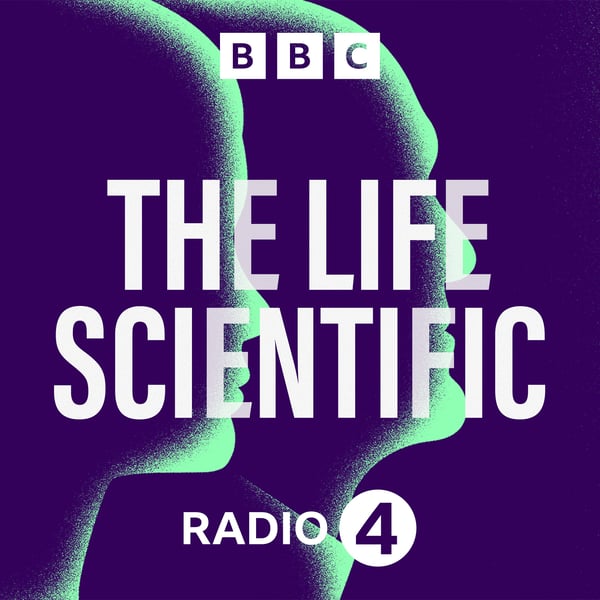Professor Sir Michael Rutter
The Life Scientific
BBC
4.6 • 1.4K Ratings
🗓️ 3 June 2014
⏱️ 29 minutes
🧾️ Download transcript
Summary
Transcript
Click on a timestamp to play from that location
| 0:00.0 | You're about to listen to a BBC podcast and I'd like to tell you a bit about the |
| 0:03.8 | podcast I work on. I'm Dan Clark and I commissioned factual podcasts at the BBC. |
| 0:08.6 | It's a massive area but I'd sum it up as stories to help us make sense of the forces shaping the world. |
| 0:15.0 | What podcasting does is give us the space and the time to take brilliant BBC journalism |
| 0:20.0 | and tell amazing compelling stories that really get behind the headlines. |
| 0:23.7 | And what I get really excited about is when we find a way of drawing you into a subject |
| 0:28.3 | you might not even have thought you were interested in. |
| 0:30.2 | Whether it's investigations, science, tech, politics, culture, true crime, the environment, |
| 0:36.1 | you can always discover more with a podcast on BBC Sounds. |
| 0:39.9 | Thank you for downloading the Life Scientific from BBC Radio 4. |
| 0:44.4 | My guest today began his career as a young doctor |
| 0:47.4 | without any intention of becoming a researcher |
| 0:50.4 | nor any interest in becoming a child psychiatrist. |
| 0:53.0 | In fact, he became a world leader as both. |
| 0:56.0 | Described as the most illustrious and influential psychiatric scientist of his generation, |
| 1:01.0 | Professor Sir Michael Rutter has spent more than 50 years focused |
| 1:05.4 | on children's development, on the subtle interplay between nature and nurture, and on the factors |
| 1:10.8 | that make the difference between a child flourishing or floundering. |
| 1:14.8 | The sheer scale and range of his research across decades, the number of scientific breakthroughs |
| 1:20.0 | he's achieved, as well as the continuing relevance of his contributions today, is breathtaking. |
| 1:25.8 | He helped to establish the genetic basis of autism, a breakthrough finding scarcely suspected |
| 1:30.9 | at the time. |
... |
Please login to see the full transcript.
Disclaimer: The podcast and artwork embedded on this page are from BBC, and are the property of its owner and not affiliated with or endorsed by Tapesearch.
Generated transcripts are the property of BBC and are distributed freely under the Fair Use doctrine. Transcripts generated by Tapesearch are not guaranteed to be accurate.
Copyright © Tapesearch 2025.

